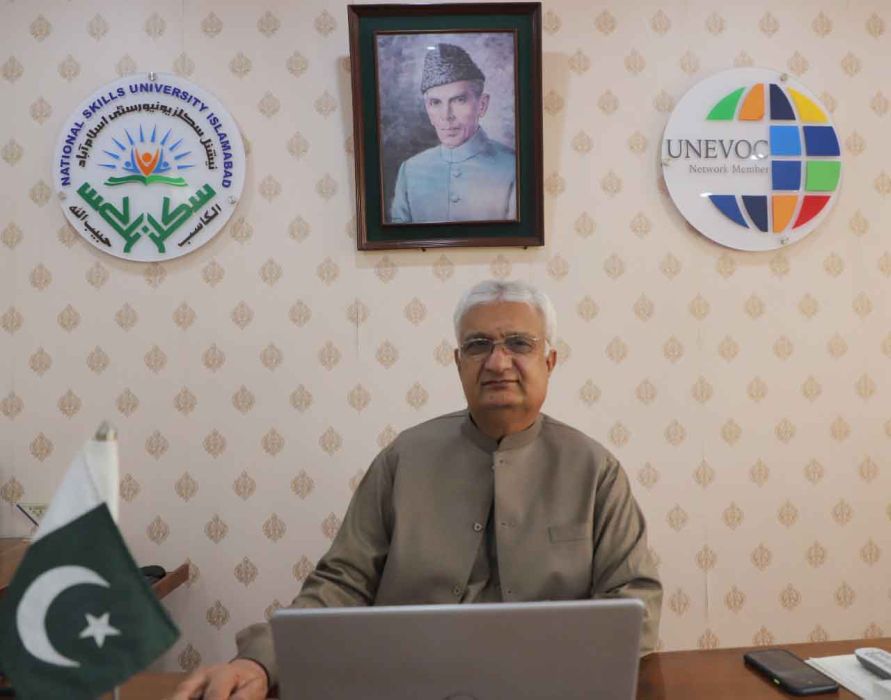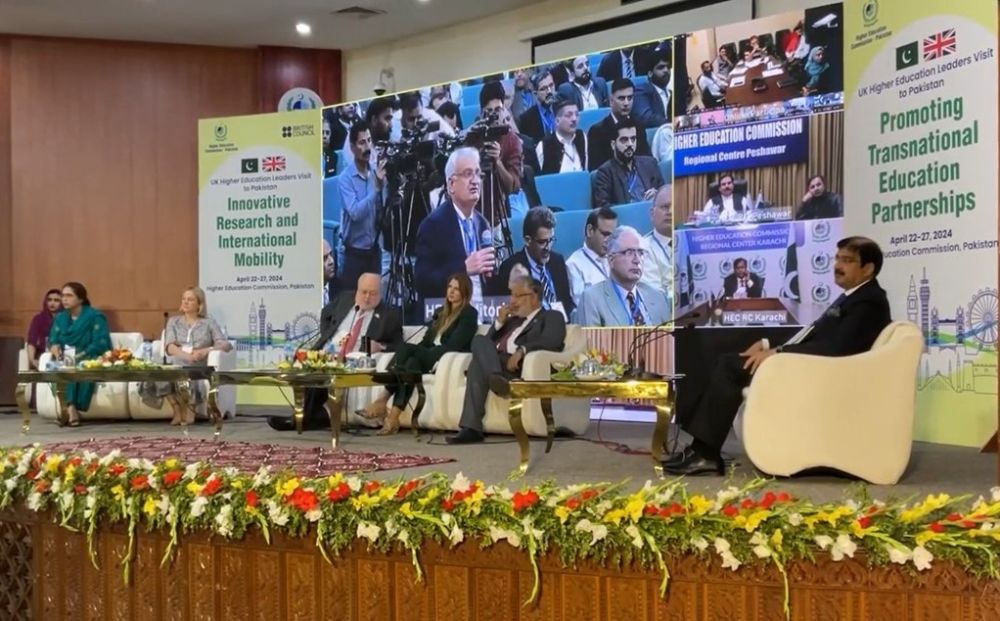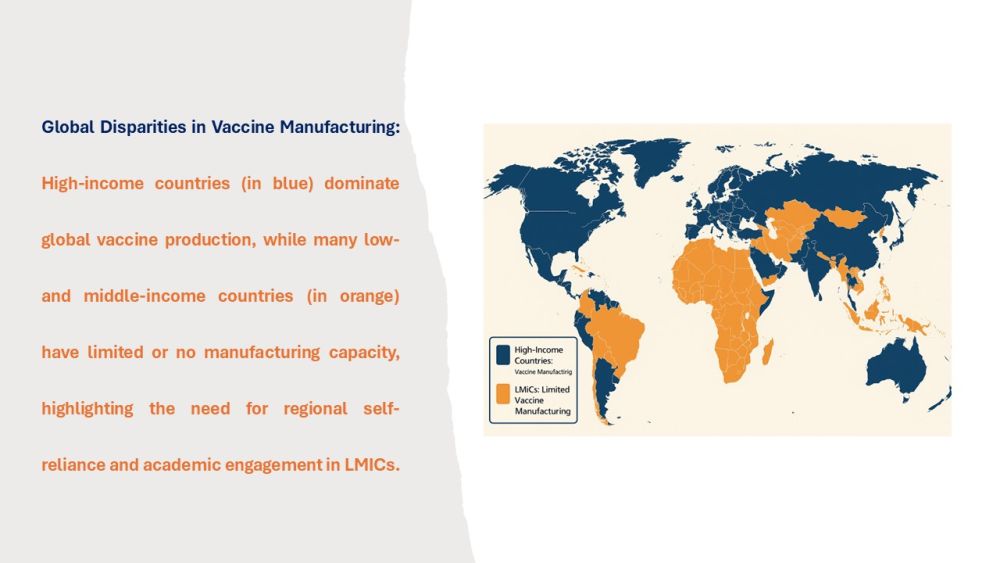Promoting Life Skills Based Education in Islamabad Schools
Posted 1 year ago
The Islamabad Model College for Girls NIH Colony hosted a half-day event to mark the conclusion of the Life Skills-Based Education (LSBE) Pilot Rollout. The gathering drew over 300 attendees, including educators, students, parents, and prominent stakeholders, celebrating the pilot program's successful implementation across 100 Federal Directorate of Education (FDE) schools.
The event highlighted the Ministry of Federal Education's collaboration with the United Nations Population Fund (UNFPA) and Aiming Change for Tomorrow (ACT International), showcasing the program's achievements and its emphasis on life skills education as a tool for youth empowerment.
Through panel discussions and testimonials, teachers shared insights into the LSBE program's curriculum and its profound positive impact on students. This success story, highlighting the students' growth and development, is a source of pride and satisfaction for all involved.
"Life skills are essential for enabling our youth to excel in a complex world," remarked Farah Naz Akbar, Parliamentary Secretary for the Ministry of Federal Education and Professional Training. She noted that the three-month initiative, targeting Grade 4 and Grade 8 students, had laid a strong foundation for promoting emotional intelligence, self-confidence, and respect for diversity, aligning with Pakistan's educational and social development priorities.
The pilot program focused on fostering personal growth, critical thinking, and gender equality; its outcomes were presented during the event. Teachers and parents reported increased student engagement, enhanced classroom dynamics, and heightened awareness of life skills' role in shaping young individuals' futures.
Latika Maskey Pradhan, UNFPA Deputy Representative, emphasized the program's relevance during adolescence, which is marked by significant physical and emotional changes. "The skills learned during this phase not only help adolescents address immediate challenges but also shape their ability to thrive as adults," she explained. She highlighted the program's impact on decision-making, including its role in guiding students toward informed choices about their reproductive health.
The event concluded with recognition of the 100 teachers who played a pivotal role in delivering LSBE lessons. Findings from the pilot revealed a profound transformation in students' confidence, communication abilities, and awareness of social issues. Attendees lauded the program's collaborative spirit and expressed hope for continued partnerships to advance life skills education.
As the LSBE pilot rollout wraps up, the Ministry of Federal Education, UNFPA, ACT International, and the FDE reaffirmed their unwavering commitment to expanding life skills-based education. This commitment, aimed at creating a brighter future for students across Pakistan, reassures the audience and instills a sense of optimism about the future of education in the country.





